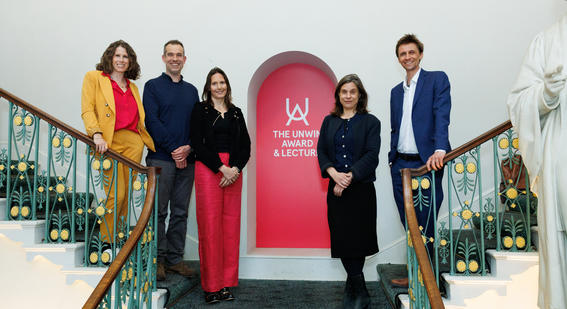Five books to read this LGBTQIA+ history month
Discover LGBTQIA+ histories through Cambridge University Press books that explore a range of issues and topics.
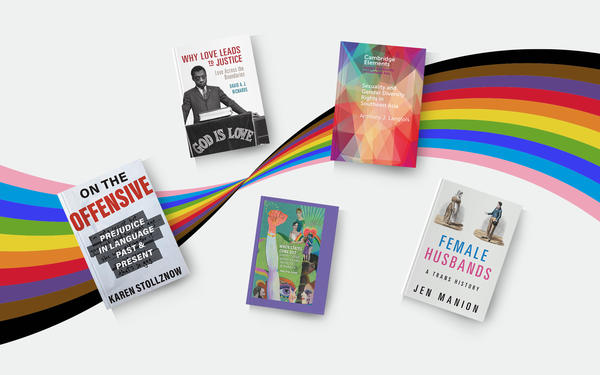
History is for everyone.
Yet, for years the experiences and true stories of certain minority groups and entire communities have been overlooked or gone untold. The lesbian, gay, bisexual, transgender, queer plus community is one such group.
LGBTQIA+ History Month, celebrated in the UK each February, encourages us to learn about the past, highlight issues, and stand in solidarity with LGBTQIA+ people around the world.
As a global publisher and education organisation we believe we have a responsibility to shape public understanding by amplifying diverse perspectives and storytelling through our books, research and resources.
By delving into the past and telling the stories and lived experiences of both individual figures and groups of people, we can help bring LGBTQIA+ histories to a wider audience.
Here we recommend five books to read to learn about different LGBTQIA+ topics, rights, and issues:
Discover the hidden histories of ‘Female Husbands’
Female Husbands, A Trans History, by Jen Manion

An engaging account of the unruly history of ‘transing', and the surveillance of it, in the eighteenth and nineteenth centuries.
- Joanne Meyerowitz, author of How Sex Changed: A History of Transsexuality in the United States
Long before people identified as transgender or lesbian, there were female husbands and the women who loved them. Described as a ‘a treasure trove of historical insights’, this award-winning title by Jen Manion tells the riveting and personal stories of ‘female husbands’ - people assigned female at birth who lived as men despite tremendous risk, danger, violence and threat of punishment. Female Husbands offers a dynamic, varied and complex history of the LGBTQ past.
Explore the boundary between law and love
Why Love Leads to Justice, by David A J Richards
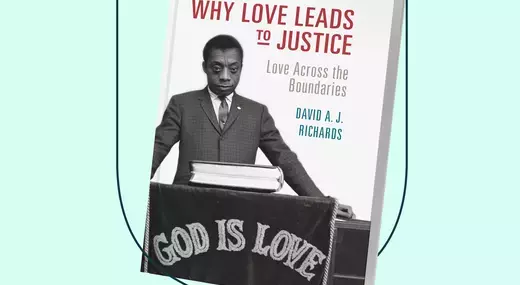
...Through the lives of several prominent gay men and women who must navigate a society governed by oppressive love concepts, Richards argues for something new.
- Brian Gilmore, Source: Rain Taxi Review
This book tells the stories of notable historical figures who, by resisting patriarchal laws condemning adultery, gay and lesbian sex, and sex across the boundaries of religion and race, brought about lasting social and political change. David AJ Richards investigates the lives of leading transgressive artists, social critics, and activists including George Eliot, James Baldwin, and Eleanor Roosevelt. The author shows how ethical empowerment, motivated by love, allowed these figures to resist the injustices of anti-Semitism, racism, sexism, and homophobia, leading to the constitutional condemnation of these political evils in the United States, Britain, and beyond. Love and law thus grow together, and this book shows how and why.
Explore Why Love Leads to Justice
Learn through the lens of language
On the Offensive: Prejudice in Language Past and Present, by Karen Stollznow
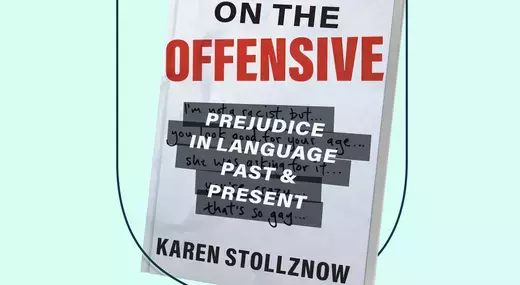
...It will help anyone who has ever offended others or been offended by a use of language – which means all of us.
- David Crystal, University of Wales, Bangor
I'm not a racist, but… You look good, for your age… She was asking for it… You're crazy… That's so gay… Have you ever wondered why certain language has the power to offend? Published in 2020, On the Offensive sheds light on the derogatory phrases, insults, slurs, stereotypes, tropes and more that make up linguistic discrimination. Each chapter addresses a different area of prejudice: race and ethnicity; gender identity; sexuality; religion; health and disability; physical appearance; and age. Drawing on real-life case studies, and delving into the history of offensive terms, a vivid picture of modern discrimination in language emerges.
Investigate the modern LGBTQIA+ movement
When States Come Out, Phillip M Ayoub
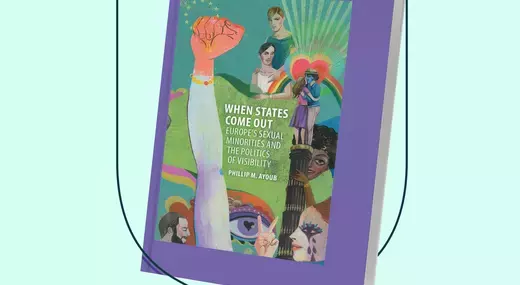
As the visibility of the transnational LGBT community grows, it reshapes our understanding, and indeed our imaginations, about the place of LGBT people in international society.
- Phillip M Ayub
In the last two decades, the LGBT movement has gained momentum that is arguably unprecedented in speed and suddenness when compared to other human rights movements. When States Come Out investigates the recent history of this transnational movement in Europe, focusing on the diffusion of the norms it champions and the overarching question of why, despite similar international pressures, the trajectories of socio-legal recognition for LGBT minorities are so different across states.
Continue the fight for rights
Sexuality and Gender Diversity Rights in Southeast Asia, by Anthony J Langlois
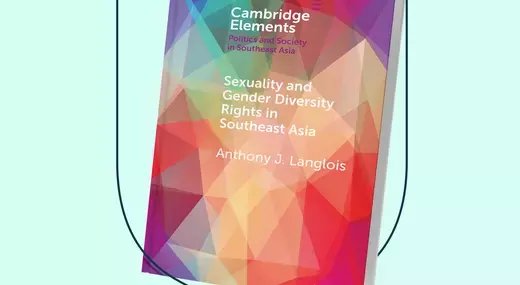
Across the ASEAN region, LGBTIQ persons are either treated as second class citizens, criminals, are seen as deviants, and in some cases are not even recognised as human beings.
- ASEAN SOGIE Caucus, a network of human rights activists from Southeast Asia
Sexuality and gender diversity rights in Southeast Asia are deeply controversial and vigorously contested. Debate and protest have been accompanied by both legislative reform and discriminatory violence. These contradictory dynamics are occurring at a time when the international human rights regime has explicitly incorporated a focus on the prevention of violence and discrimination in relation to sexuality and gender diversity. Part of the Cambridge Elements series, Elements in Politics and Society in Southeast Asia (2022), this Element focusses on the need for such rights.
Explore Sexuality and Gender Diversity Rights in Southeast Asia
Our Cambridge University Press Bookshop’s Pride Collection lists many more recent, classic, and bestselling titles on LGBTQ+ history, literature, and politics published by Cambridge University Press including The Rise of Gay Rights and the Fall of the British Empire, Why Gender?, and The Cambridge History of Gay and Lesbian Literature.
Why not inspire a student, colleague, or friend to learn something new this LGBTQIA+ History Month by recommending one of these books? What other books would you add to this list?




